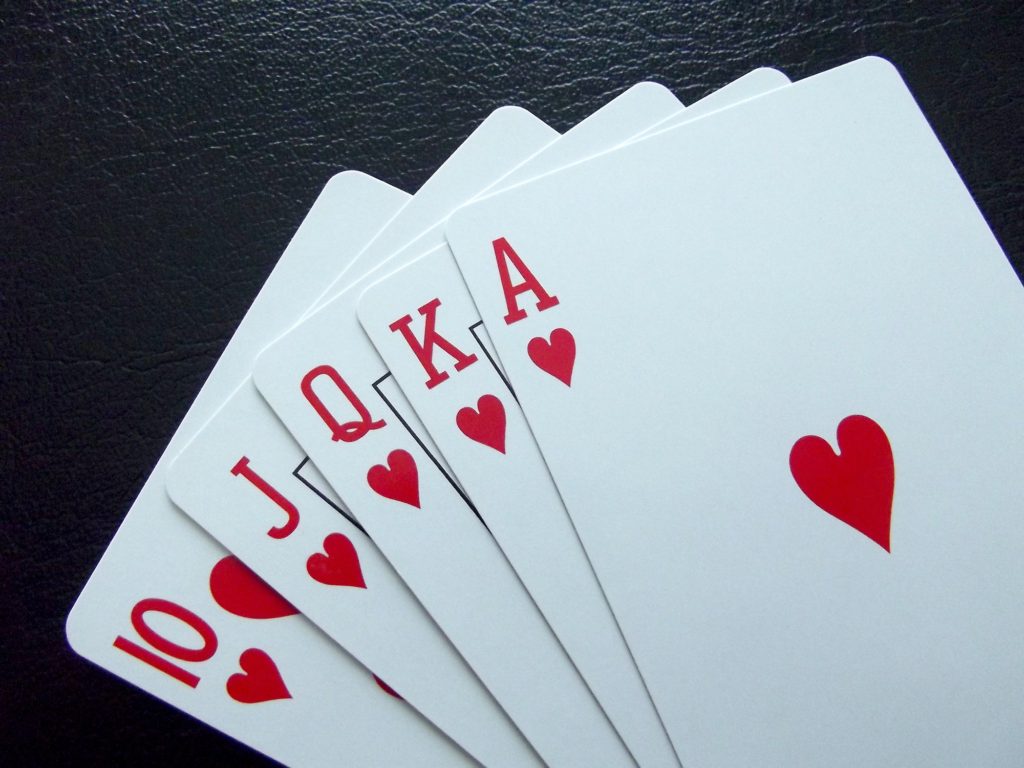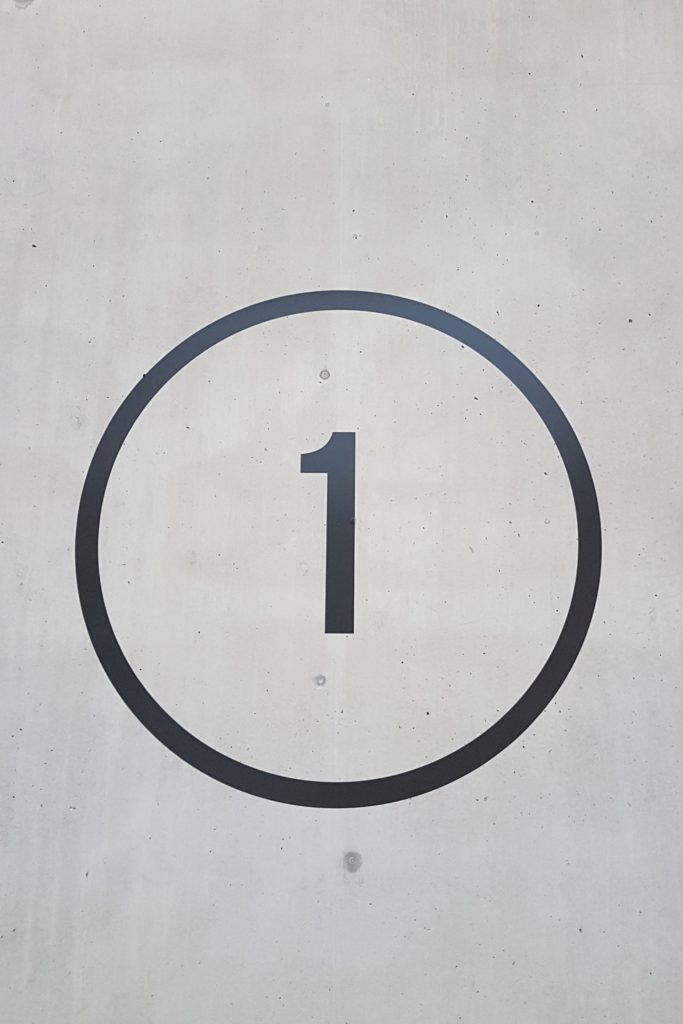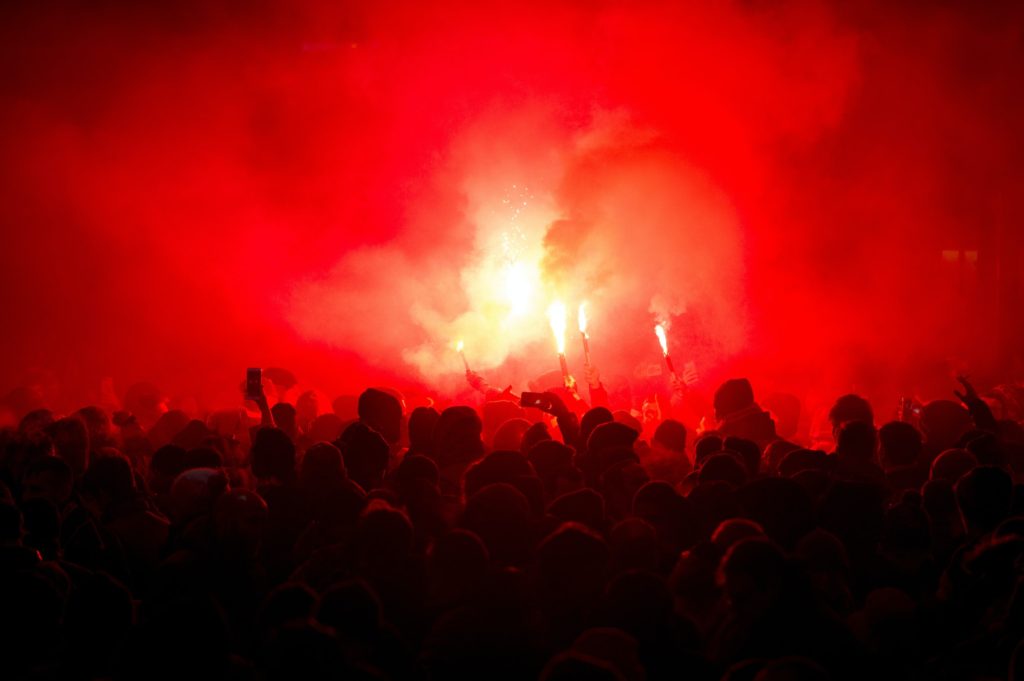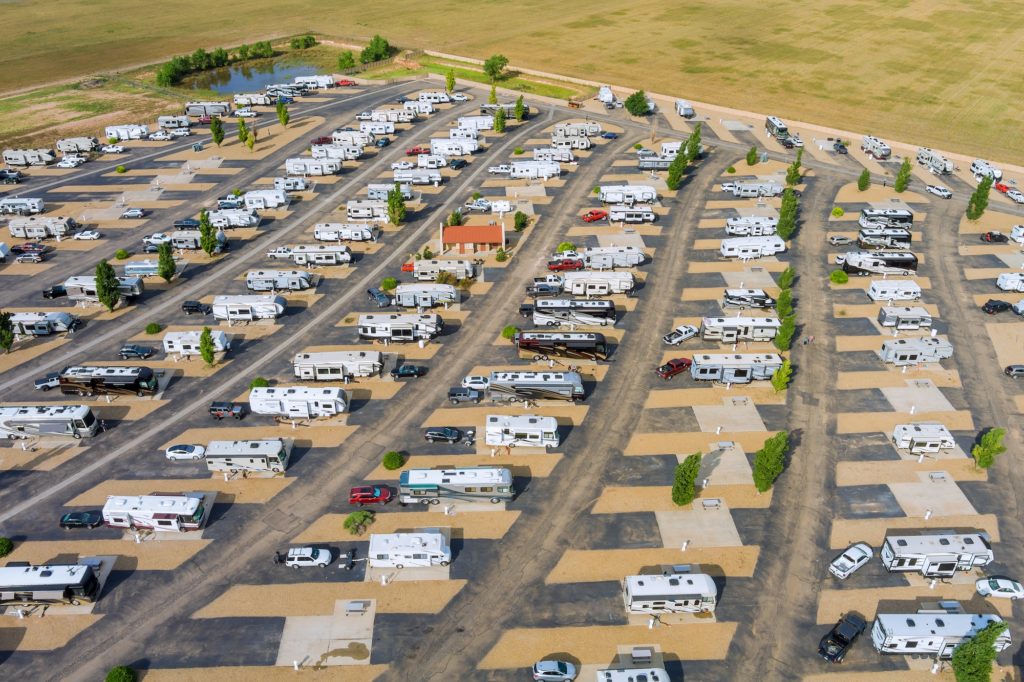The United States seems to be flattening the COVID-19 infection curve, but the road to recovery is still very long. The economic effects are like a puzzle with a million pieces and it will take time for the outcomes to emerge. I am incapable of predicting how this will turn out, so I choose to focus on self-reflection and assessment of the current investment environment.
I wrote about my initial position one month ago today. In the past month, the effects of the virus have grown substantially and the economy has been frozen. Despite worsening conditions, my assessment of my investments remains the same today as it was last month.
I feel a sense of reserved confidence in this moment. I am reserved because, as I said, the road ahead is long and things can change. My confidence comes from being in a solid position in this shaky environment. Part of me feels skillful for making wise investment decisions in recent years. Another part of me humbly acknowledges luck and its contributions to my circumstances.
Luck intertwined itself in my life experiences to help build my character and demeanor for the investment profession. Luck played a part in getting me started in real estate investing. Luck had a hand in connecting me with many wonderful people who have been involved in my investing career. Luck led me toward deals that were highly instructive and profitable. Luck took me to school on how to navigate hardships in the process of unlocking value. Luck has been a foundational influence in my life and investing career. I cannot deny its impact.
Skill, which I can control, also contributes a great deal to my current circumstances. Several thought processes and decisions of the past are bearing fruit today. I should not deny myself the satisfaction of acknowledging years of training and skill development. Some examples follow.
Buying property that requires top-of-the-market rent to justify the investment is foolish. I have consistently acquired property that generates adequate returns with below market rent. Don’t get me wrong, I pursue the rent that is achievable, but my base case (or worse) is acceptable if higher rents are delayed or never attained. One such example is a 6,300 square foot, single-tenant industrial building that I’m trying to fill right now. The market is nearly frozen, but this building currently has a lease offer with a second offer coming any day. Competitive buildings are priced $2-3/SF/year higher and the landlords probably need that to make things work. At the time of purchase, my business partner and I ran analysis well below market rental rates and we determined that the potential outcome at lower rents still justified the deal. In other words, we thought through the risk of poor supply and demand metrics. We calculated how low the rents could go before the returns were inadequate. In a growing economy, we stayed patient for a deal that could absorb downward pressure on rental rates and still generate attractive returns. We saw a huge margin of safety here. Now with the world melting down, it is rewarding to see that skilled analysis paying off.
Restaurants are especially hard hit during this COVID-19 pandemic. One of my tenants is a local, multi-location restaurant at a property we have owned for a few years. Although my business partner and I never expected a pandemic to crush the restaurant business, we did anticipate and model situations in which the restaurant would be negatively affected. We considered and calculated the rent burden based on the tenant’s financials and determined that this location is very cheap for the tenant to occupy. We looked at where this location ranks financially against the tenant’s other locations and we determined that this is #1 or #2. We evaluated the financial strength of each of the personal guarantors and discovered that the well is deep. We also thought carefully about how this property would do if ever our tenant failed or left and we need to re-lease the restaurant. Exceptional location and traffic counts gave us the confidence that high demand would be likely even in a soft market. As of now, the tenant is continuing to pay rent despite a severely impacted business. One of the owners told me that this location is the group’s top performing location during this pandemic. Again, I think skill helped manage some of the risks that are materializing here.
One skilled move – the decision to reduce debt – is perhaps the greatest influence on my sense of confidence. Five years ago I was buying property with whatever loan-to-value I could get, often 75% or so. In the past 2-3 years with asset prices being high, I could see downside risk outweighing appreciation potential and I made a decision to reduce leverage in response. As of today, my RV park portfolio is leveraged at 31% loan-to-cost and below 25% loan-to-value. Across my entire real estate portfolio, debt is at about 40% loan-to-value. Choosing to obtain lower debt for new deals in recent years has made it hard to compete with higher leveraged investors. They have often been willing to pay more and they looked rich with that blueprint. Now, with the markets in turmoil, those same highly leveraged investors are already showing signs of stress. With low debt, high optionality, and adequate cash reserves, I’m not losing sleep over losing money.
Luck and skill have positioned me well for the known effects of this pandemic. Both factors deserve recognition. At best, I have limited influence on luck. But skill is controllable and I’m ready to use it.





